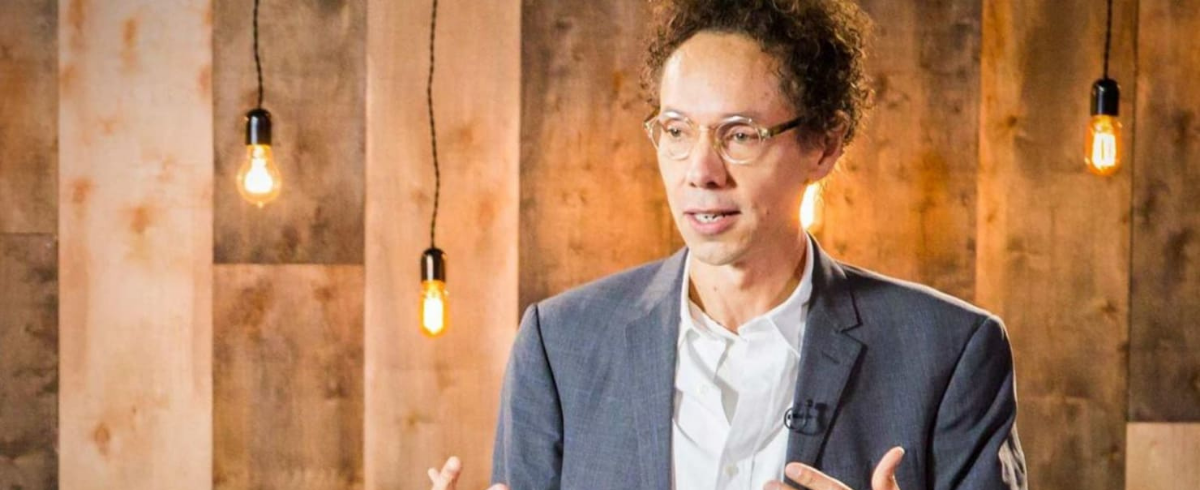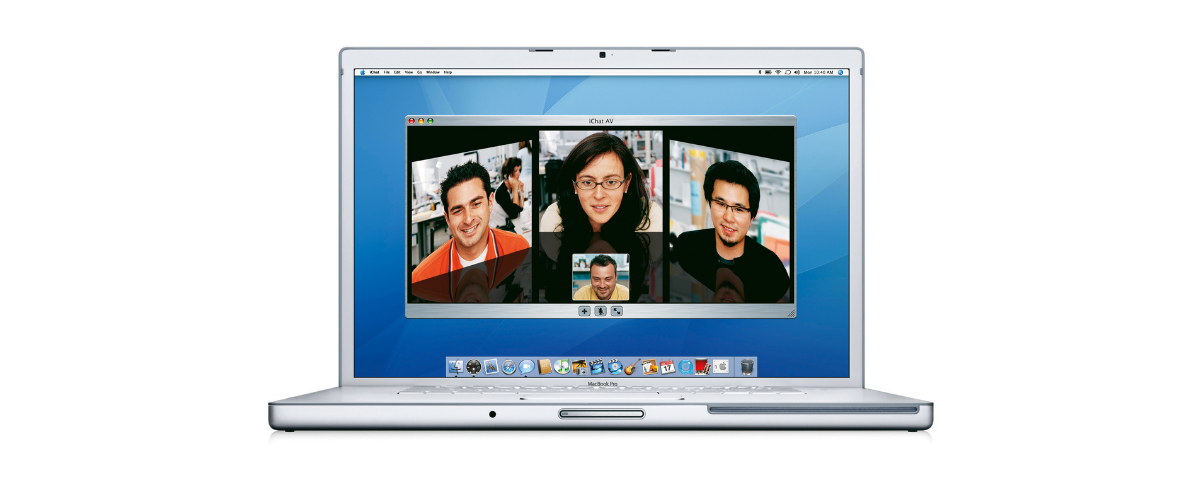As a supposed “expert on happiness” (try googling expert on happiness for fun), I am often asked to summarize what I have learned from the books and articles I have read and have written about. For all you lazy bums out there, here is the condensed version 🙂
Most people, through a combination of education and genes, have a set level of happiness. While circumstances may change that level, we usually revert back to our mean.
Despite that, there are 10 things you can do to improve your mean level of happiness. They sound artificial, but they work.
So the 10 things are:
1. Be grateful for what you have – as bad as you may think you have it, by the very fact you are reading this you are better off than 95% of the population of the world – if not more. You are likely healthy and have great opportunities. Try the following: every night before you go to sleep write down 3 good things that happened to you that day. It’s artificial but it works. You will sleep better and be happier.
2. Be optimistic. Even if slightly delusional, you will lead a happier life. Optimism breeds confidence.
3. Maintain a few close and meaningful friendships. We only exist to the extent that we exist in the eyes of the people we care about. Have acquaintances (after all we human are social animals). Invest the time you need to have deep friendships with your family, friends, etc.
4. Minimize your commute. It’s a variable out of your control (traffic, strikes, etc.) and it can take time away from personal time and/or work. If you do commute, use it as an opportunity to indulge your interests, for example listen to NPR, read the economist, learn a language … sing.
5. Give your body the sleep it needs: you will function better, think better, be happier. Of note: some sleep studies suggest people feel better rested when they wake up at the same time every morning.
6. Have dreams and aspirations. It’s the journey that matters, not the destination. Dreams provide direction. They can be as big or small as you want. If you achieve them, get new ones.
7. Don’t confuse money with happiness. Contrary to popular belief, we adjust very well to a lower standard of living. However, as we adapt to our current comfort level we may become materialistic and more risk adverse. Money is like pancakes – one tenth of a pancake leaves you starving, but after 4 or 5 you do not crave more.
8. Find love – from your puppies, friends, family, and/or significant other.
9. Exercise a lot: the adrenaline, endorphins and opiates released are great for you.
10. Have lots of sex. You will be happier for longer than you anticipate. Happiness extends beyond the coital period to the next day.
One last point: You might think that being happy makes you smile but reverse causality holds too: smiling makes you happy. Individuals receiving botox report improvements in self esteem, and happiness. Because they cannot frown- even subconsciously, they are perceived differently by others and unlearn frowning for months beyond the effect of the drug.
That’s it 🙂 It’s now in your hands so go ahead and be happy!














